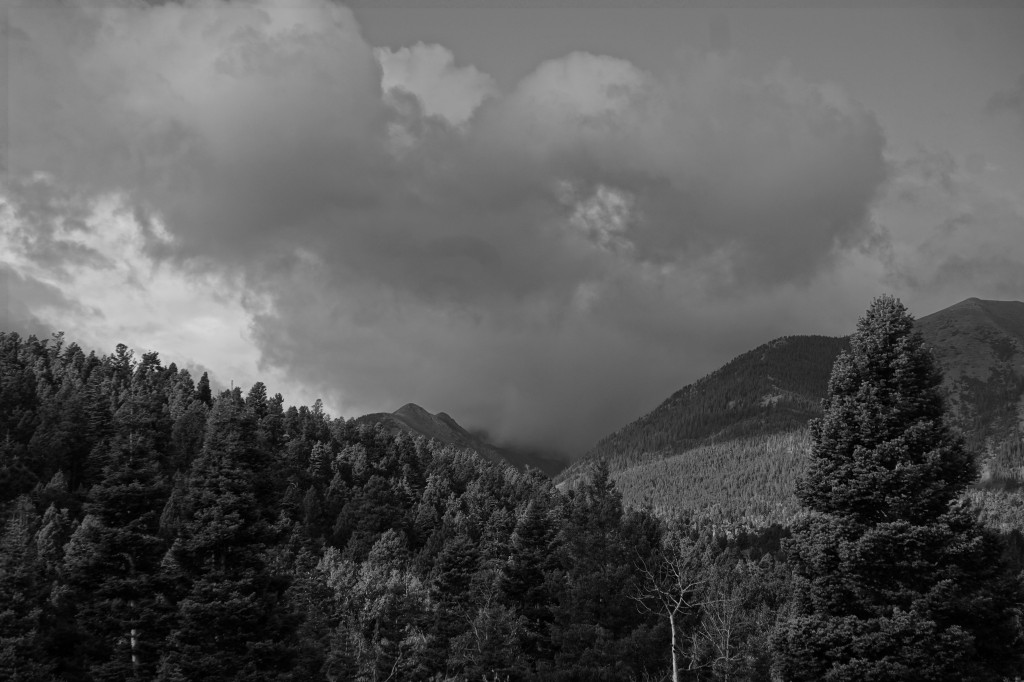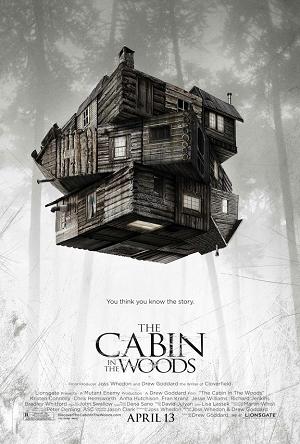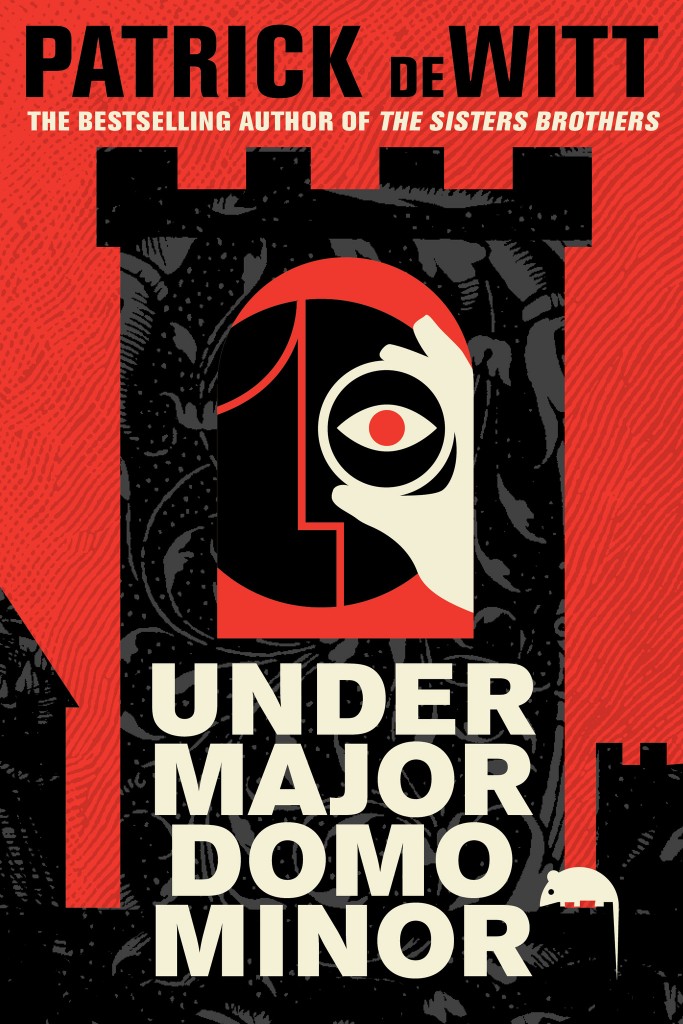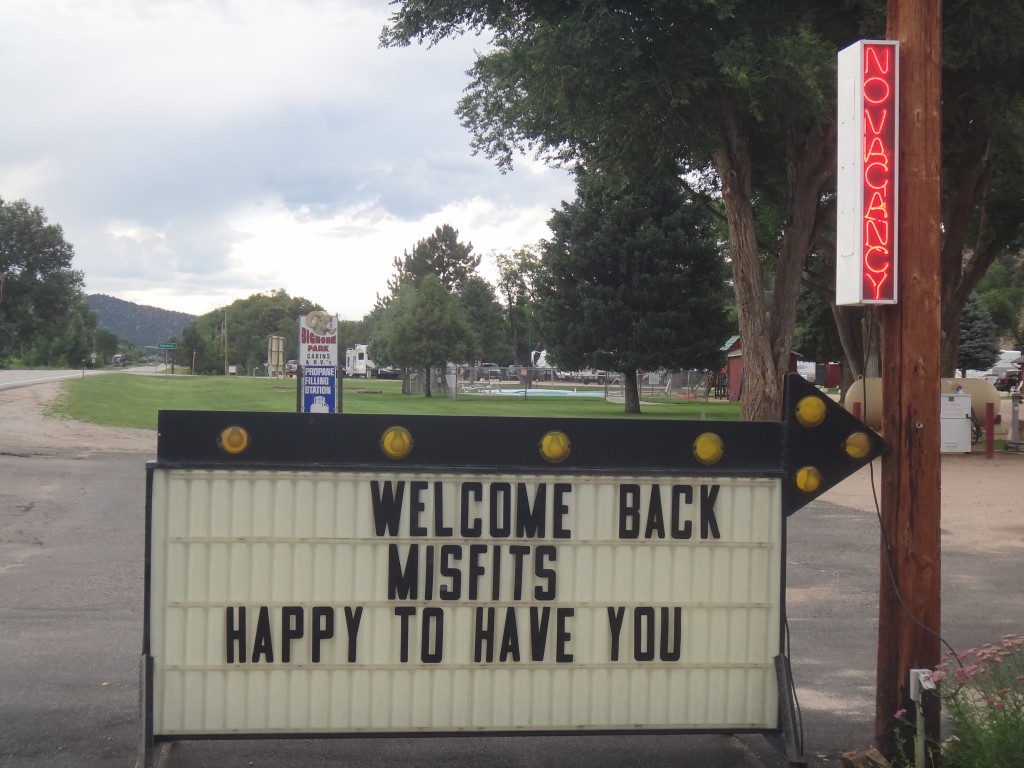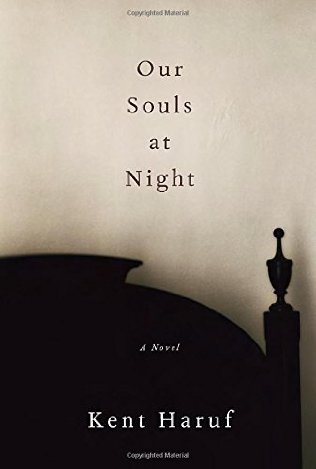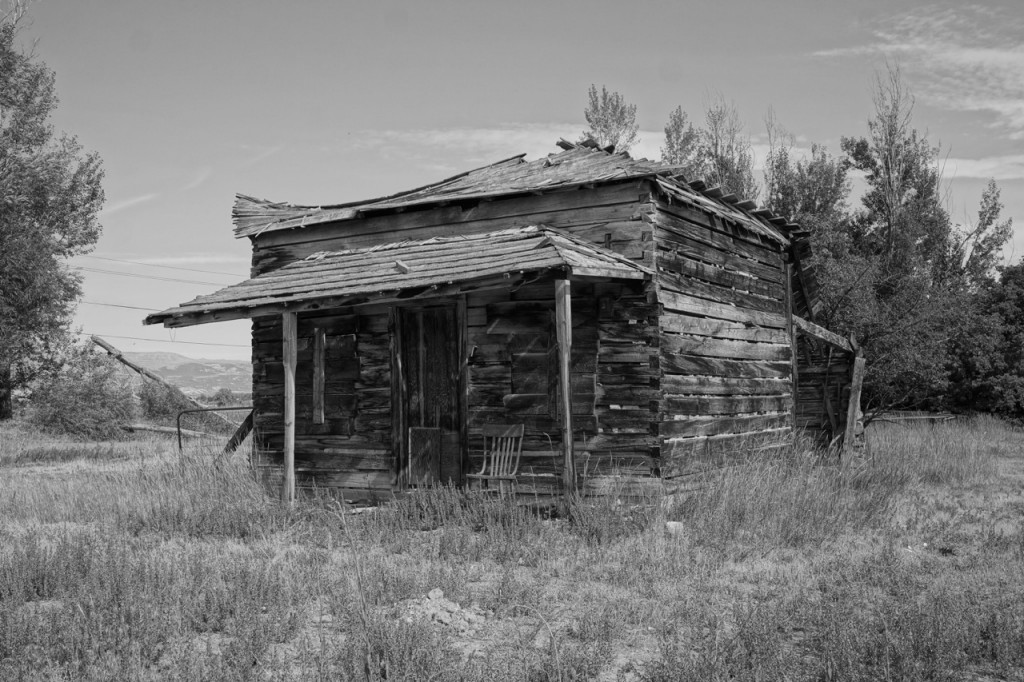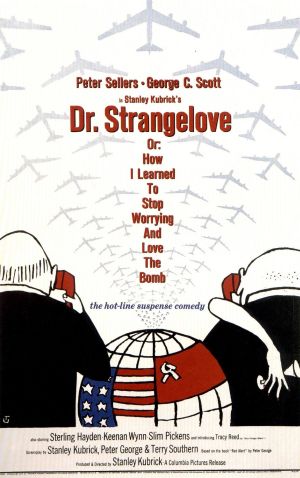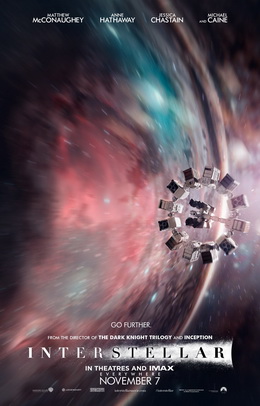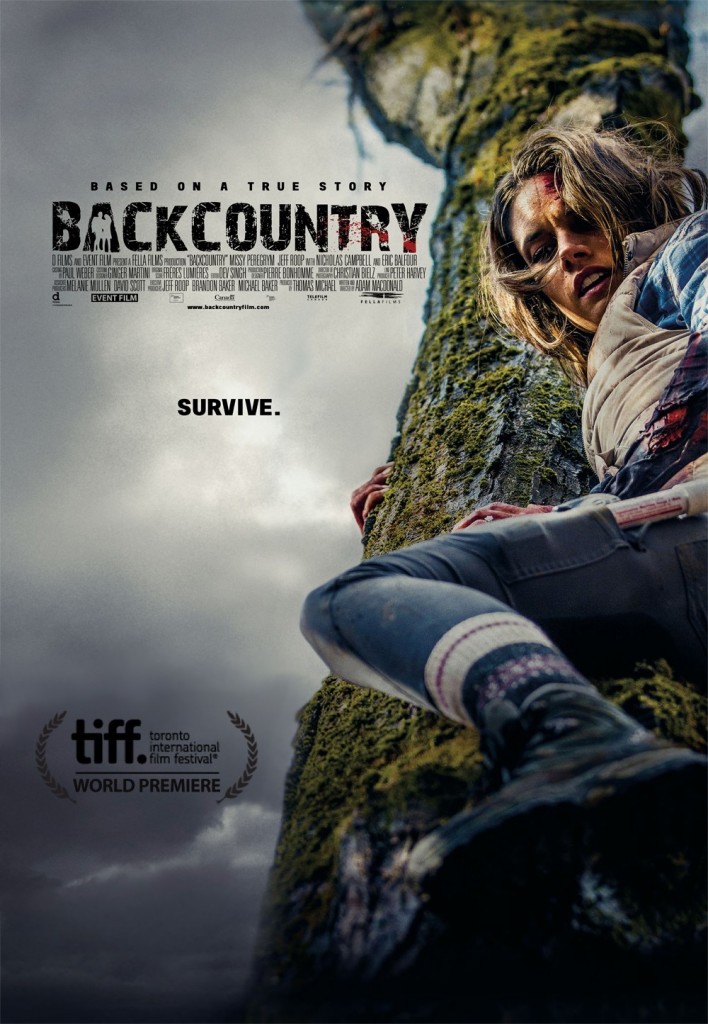So I spent last weekend at Mesa Verde National Park—a bit west of Durango, Colorado, in the famous Four Corners region of the American Southwest—grokking with the spirits of our Native American ancestors, hiking through ancestral puebloan cliff dwellings, and spending too much at the gift shops (which can be forgiven, seeing it was my daughter’s ninth birthday). It’s a haunting (and haunted) landscape, a mystical place, and if you stay at the Far View Lodge (that looks like it was built in the Seventies, and judging by its wear and tear, the carpet is original), you have a fabulous view of Ute Mountain in Colorado, Shiprock in New Mexico, and distant canyons and peaks and Arizona and Utah. I’ve been there several times before, lastly in 2002, not long after the big fire that scorched the park in the summer of 2000.
On this visit I noticed a distressing trend: the vast areas where the junipers, pinyon pines, and spruce burned in 2000 are devoid of new, young trees. What you see in the burn areas are miles and miles of ghost forests. Nothing but grassland (dotted with yucca, Spanish dagger, and other cacti) seems to be regrowing. The NY Times has had some recent pieces about how forest fires can now burn so hot they effectively incinerate all the seeds, and interfere or prohibit regrowth after the fire. There’s a good piece today in that vein, Jim Robbin’s “Deforestation and Drought,” here. It’s worth it just for the poetry of his description of “flying rivers” over the Amazon. Unfortunately, at Mesa Verde we have “ghost forests.”
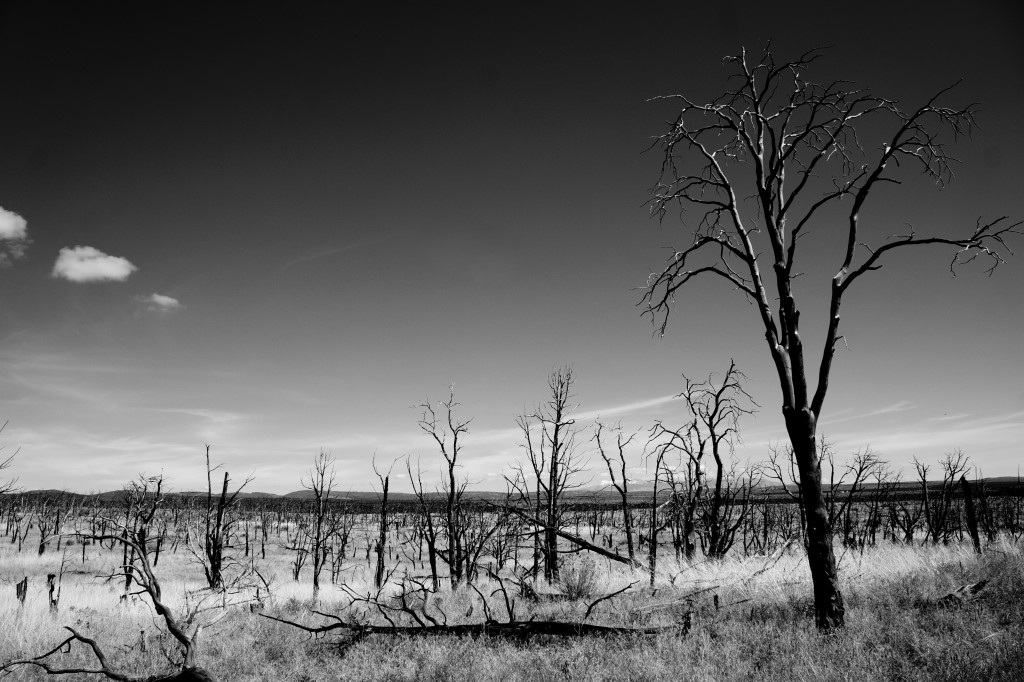
Now I’m fascinated by forest fires (and a wicked fire burns at the heart of my new novel), and often hear how fires are nothing new, part of the ecosystem, yadda yadda yadda. That’s all true. But it’s also true that the West is drying noticeably. These aren’t your father’s forest fires. And yes, it’s not all doom and gloom. For instance, go to Yellowstone: there it’s obvious where the forests are regrowing after the tremendous fires of 1988, with entire forests covered with trees over twenty years old. But Yellowstone is a wetter area of the Upper Rockies than the dry Southwest. From the looks of it, if another fire or two hits Mesa Verde, it will have to be renamed Mesa Marron (Brown Mesa). I hope not. We don’t need another one of those weeping Indian littering PSA spots to buzzcrush our day.
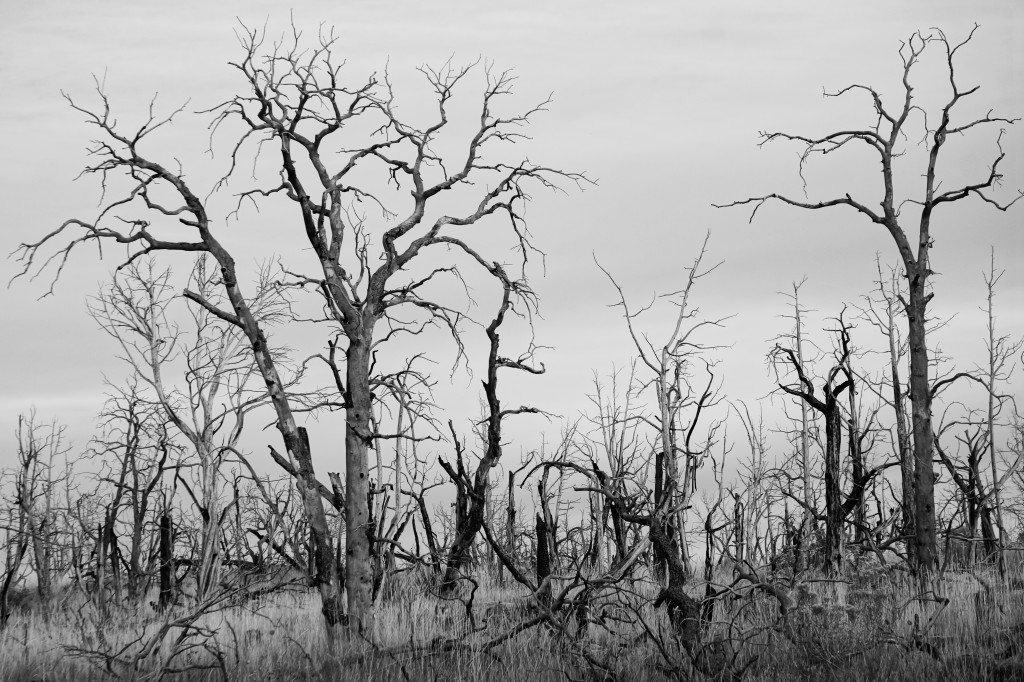
- February 2026
- January 2026
- November 2025
- October 2023
- September 2023
- September 2021
- April 2020
- September 2019
- May 2019
- August 2018
- February 2018
- January 2018
- October 2017
- August 2017
- June 2017
- May 2017
- March 2017
- February 2017
- November 2016
- October 2016
- May 2016
- April 2016
- March 2016
- February 2016
- January 2016
- November 2015
- October 2015
- September 2015
- June 2015
- May 2015
- April 2015
- March 2015
- December 2014
- September 2014
- August 2014
- May 2014
- March 2014
- February 2014
- January 2014
- December 2013
- November 2013
- October 2013
- September 2013
- August 2013
- July 2013
- June 2013
- May 2013
- April 2013
- March 2013
- February 2013
- January 2013
- December 2012
- November 2012
- October 2012
- September 2012
- August 2012
- July 2012
- June 2012
- May 2012
- April 2012
- March 2012
- February 2012
- January 2012
- December 2011
- November 2011
- October 2011
- September 2011
- August 2011
- July 2011
- June 2011
- May 2011
- April 2011
- March 2011
- February 2011
- January 2011
- December 2010
- November 2010
- October 2010
- September 2010
- August 2010
- July 2010
- June 2010
- May 2010
- April 2010
- March 2010
- February 2010
- January 2010
- December 2009
- November 2009
- October 2009
- September 2009
- August 2009
- July 2009
- June 2009
- May 2009
- April 2009
- March 2009
Recent Posts
- On Candice Millard’s “River of Doubt” and “River of the Gods”: Bugs, Snakes, and Disease Aplenty
- More Alone than “Alone”: On Adam Shoalts’s “Vanished Beyond the Map: The Mystery of Lost Explorer Hubert Darrell” (2025)
- Rachel McAdams film “Send Help” (2026) Makes Comic Gold Out of “Survivor” and “Alone” Audition Videos
- “The Wiggle Room”: A Short Story
- On the New Film “Grizzly Night,” Based on the Nonfiction Book “Night of the Grizzly” (1971)
Recent Comments
No comments to show.

